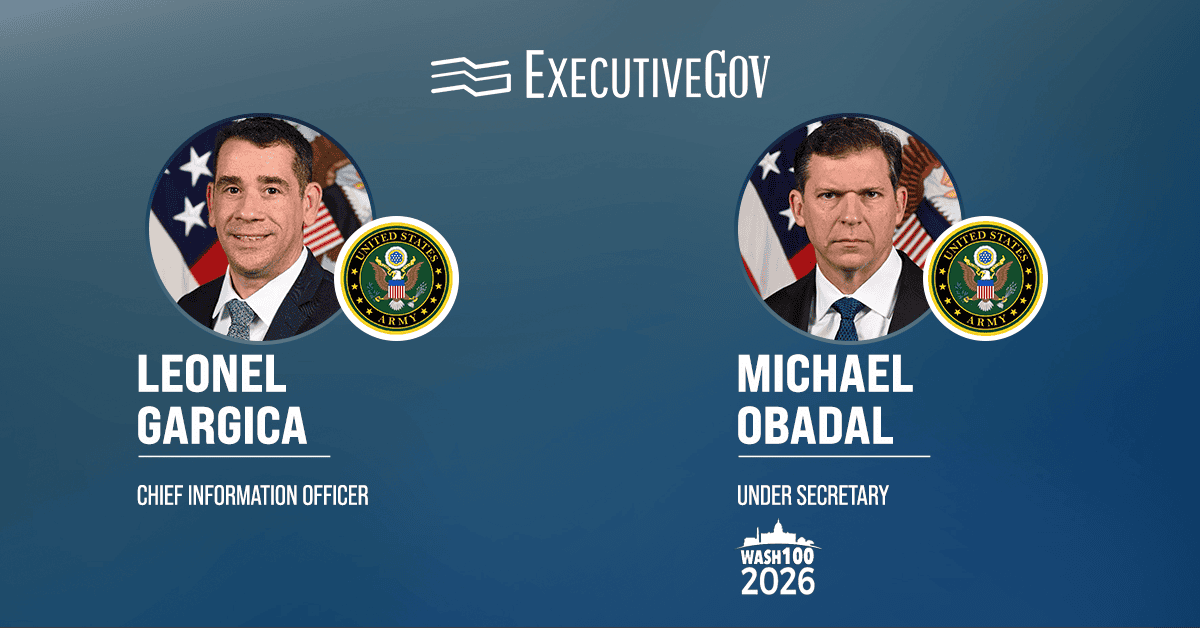The National Security Agency’s (NSA) Central Security Service will hold a research event focused on the implementation of principles to address fundamental issues in cybersecurity.
NSA said Monday that the Hot Topics on Science of Security (HotSoS) event will take place from April 13th to 15th and include virtual plenary presentations and poster sessions through the Hopin and Gather.town platforms, respectively.
The eight HotSoS symposium focuses on cybersecurity and will enable researchers to submit progress papers on relevant topics. The event will also include a breakout session that covers “hard problems” on national security based on proposals from the community.
CSS will accept registrations for HotSoS through April 11th. The call for security hard problems will run through March 21st.





